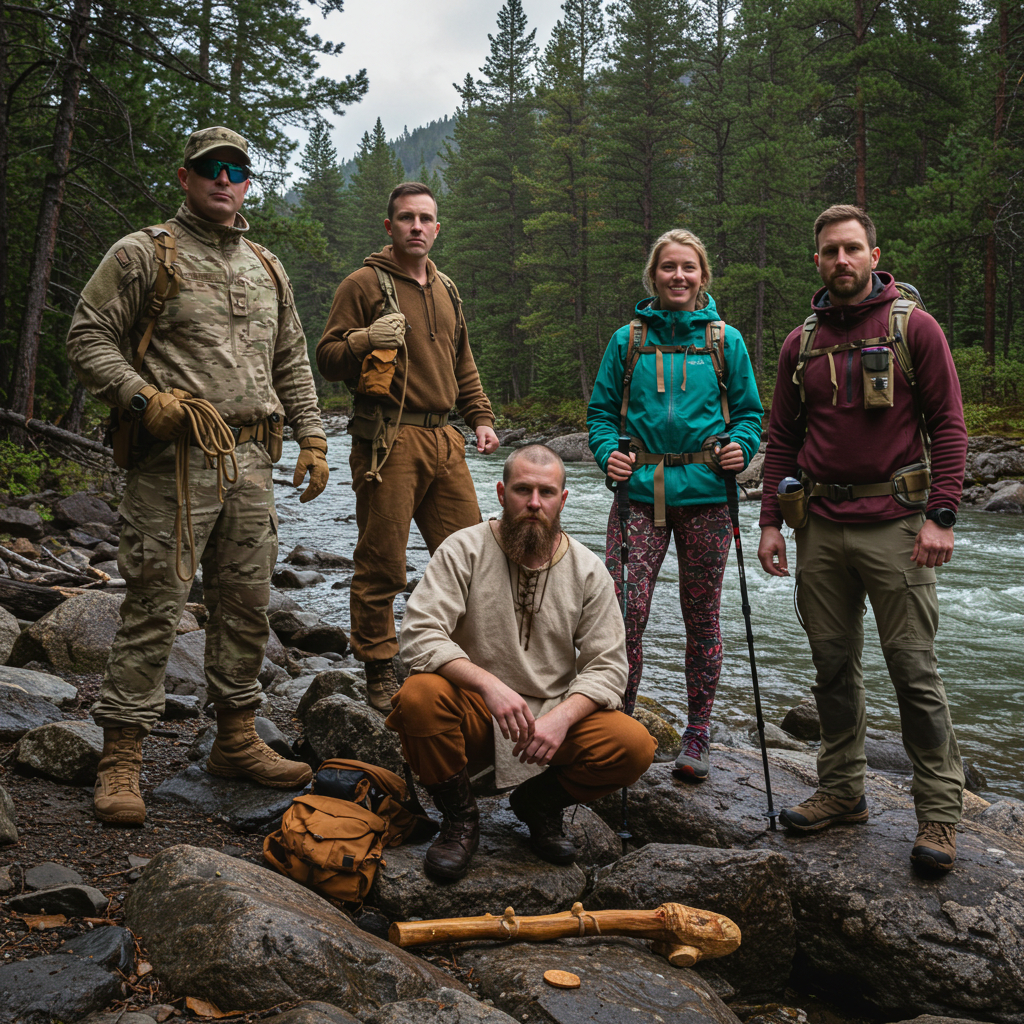Cart
5 min read
10 Reasons to Take a Survival Class at TSU
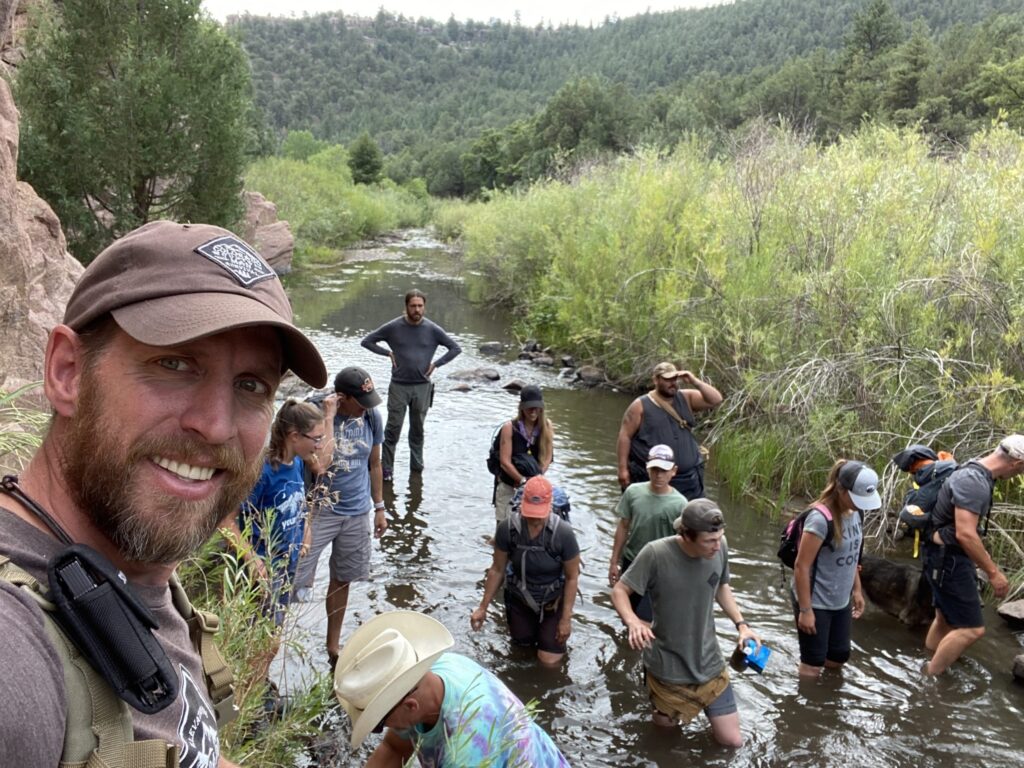
Do you like staying alive? Then you should take a survival class with The Survival University! Not only will you learn useful bushcraft, modern survival, primitive living, and mental skills that can help you survive unexpected situations, but you can also meet new people while learning to handle stress and anxiety better. Knowing survival skills is a good idea since disasters don’t always occur when you’re ready for them. Reasons to learn these skills are legion, but here are ten things to consider before you sign up for a class.
1. You Will Learn How to Not Die

Not dying is an important aspect of survival. Taking a survival class will give you an idea of techniques, tools and ways of thinking that can help you out in unfavorable situations. Classes ranging from primitive skills to modern-medical are there to level-up your mindset and abilities. Plus there are plenty benefits for kids and families.
2. You Will Get to Play With Fire
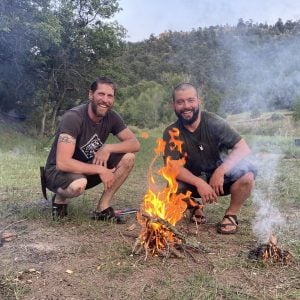
Building a proper fire is something that everyone should know how to do. Learning things like bow drill friction fire and ferro-rod tinder ignition are crucial additions to your survival skills toolbox. Honing your fire-craft techniques is a crucial ancestral skill for paying homage to technological and social evolution. Plus it gives you the ability to cook your beans, squirrel, scorpion, or whatever else you can scavenge up to avoid starvation in a survival situation.
3. You Will Gain Self-Awareness
Things like medical training and immersive survival courses show how you respond to stress while giving you the mental tools to level-up your response to anxiety and fear. Knowing one’s surroundings is important for anyone who ventures into wilderness, and safely spending time in nature has proven benefits for well-being, introspection, and self-knowledge. Survival training is a great way to find inner truths, and everyone who ventures into nature should know some ancestral skills that have kept humanity alive for centuries.
4. You Will Meet New People
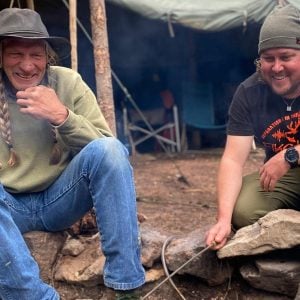
The mentality of people that take survival courses is typically high-functioning and geared towards teamwork. Therefore, survival schools are great places to make friends and bring family. The people you meet will be interesting, and stories around the campfire are always a great reprieve from unhealthy screen time.
5. Your Trips Into Nature Will be More Fulfilling
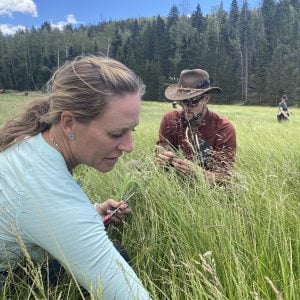
Whether or not you’re an outdoors person, survival schools will give you a greater appreciation of nature and your ability to not die in it. Knowing things about edible plants and navigation will make camping, backpacking, and day hikes more enjoyable and safe (especially if you take a first aid or WFR class).
6. You Will Have Fun
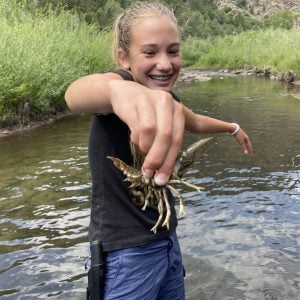
Survival and bushcraft classes range from complete beginner to advanced, and they are always designed to be appropriately fulfilling for students’ level of skill. Some beginner classes are even appropriate for children, but there are plenty of options if you want to have a diehard, life defining encounter with nature. Plus camping is always fun, so if you’re geared up and even somewhat ready for adventure, you will have a good time.
7. You will become more self-sufficient
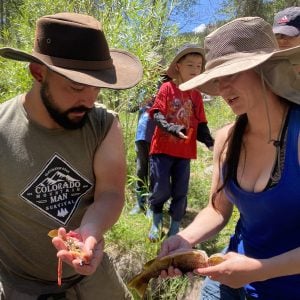
Learning things that give you greater confidence are useful for not dying in some jungle or desert. But these skills and ways of thinking will also make your life more fulfilling, adaptable, and safe. If you attain a high level of survival proficiency, then challenging tasks that you used to find daunting will become welcoming.
8. You will learn how to handle a knife, saw, and ax

Wielding blades is serious business, and knowing about knives and how to take care of them is crucial bushcraft knowledge. Whether you’re batoning, feather sticking, or notching a piece of wood, it’s crucial to hone your knife techniques under the supervision of an expert instructor. Saw skills are also super useful in the back country, and safely swinging an ax or splitting maul can be pretty therapeutic.
9. You will learn about gear
While primitive living skills are fun and useful, it is important to incorporate some modern gear into your style. There’s no better place to learn what to get (and what to avoid) than a survival class. From clothes to knives to med-kits, get the info you need about quality gear and maybe even meet a rep from a top company.
10. You will get to meet Stryker

The Colorado Mountain Man Survival Dog, AKA Stryker, is a friendly attention fiend and is there to keep you entertained while you learn survival and bushcraft skills. A notoriously ridiculous creature, Stryker is Lead Instructor Jason’s pet and the school’s faithful mascot.
The reasons for taking a survival class extend well beyond learning bushcraft, survival, and primitive living skills. Getting into survivalism will help you become more confident and capable of living a secure life. The range of aptitude and stuff to learn makes survival classes suitable for all age groups and skill levels, so what’s your reason? Reach out and sign up for a class today!
Leave a Comment
Survival Training Near Me: Why the Best Might Be Worth the Trip
Discover why the best survival training might mean leaving the city. Explore The Survival University’s 4000+ acres and 20+ expert instructors!
10 Reasons to Take a Survival Class at TSU
Reasons to learn survival skills are legion, but here are ten to consider before you sign up for a survival class.

